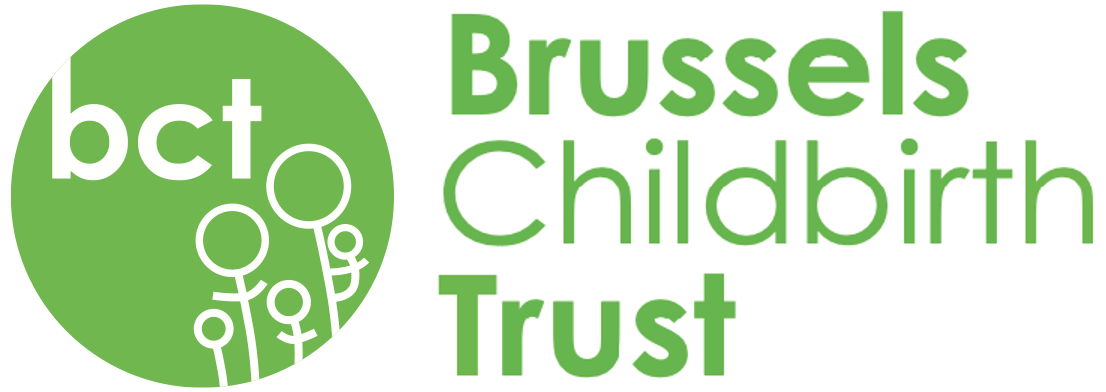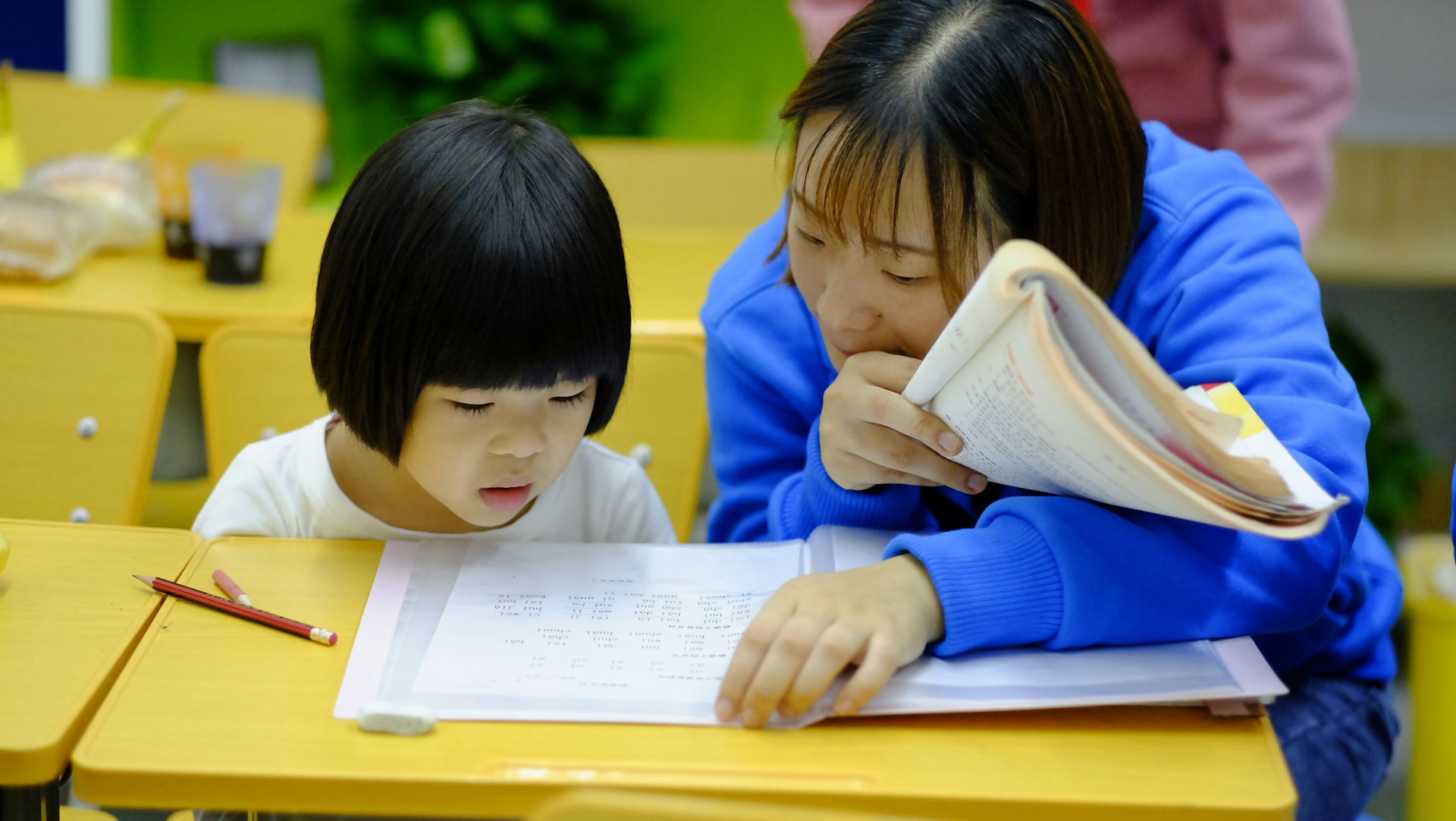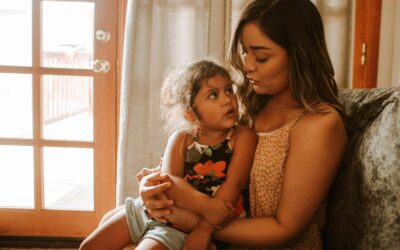In 2022, BCT started a series of Talks on Multilingualism. The first talk was presented by Dr Sabine Little, a German native who has been living in Sheffield and teaching language education for many years. Her bilingual son ended up offering his own relationship to language as a research project they could both carry out.
It all started with the family being faced with a problem that many families in Brussels will encounter as well: How can you best help your children read and write if they learn it in a language that is not the one you speak with each other? Sabine’s son Toby got really frustrated when she tried helping him sound out words in English – while speaking German. So one day, aged 4, he demanded whether they could pause speaking English at home for a year – until he felt safe enough in English to get back to German.
“Investment” vs “belonging”
With language education and language identity as her research field, she knew that forcing him to continue with German would not have helped the family much. Language is part of our identity and part of our children’s identity. Yet we come from completely different places: For us adults – expats who took the decision to move to a different country – language is an “investment”. We are committed to the language of our host country but our identity lies with our country of origin.
Our children, on the other hand, have a completely different sense of belonging in the host country if they were born here. They might identify more with the language of their country of origin rather than yours. So it might feel like they are refusing something (a language) that is part of your identity. In order to not take this personally, Sabine compared the parents’ languages to an inherited vase (great aunt Edna’s vase) that holds lots of meaning to the parents. But if the child did not have the same history with the vase, how can they value it in the same way as the parents do?
There are numerous reasons why your child might reject your language and it is important to recognize that they are not rejecting your heritage. Oftentimes it is simply the imbalance of how these languages feel to them. Not being able to express yourself properly in a language can be really frustrating. And that’s even harder for children who can’t cope with this frustration properly. Being forced to use the hard language nonetheless will not help them much.
Resurrecting the language
So, what did Sabine Little do? She said yes. Her son asked for another 6 months extension after the first year. Then they brought back German into the family. But they made it their joint research project: How would Toby deal with resurrecting his German (the heritage language) after 18 months not speaking it? They started noting down all conversations as soon as possible after they occurred on whatever device was closest (mobile phone, computer), then transferred them to a Google Doc research diary. After a little pause they talked about these conversations, the motivation behind them, the reason for mistakes or frustration, the fun in puns. They could closely follow Toby’s language development in German this way.
“I think it’s important for children to understand that parents are people, too. […] Parents have thoughts, and often, they don’t tell the children their thoughts, so as a child, you sometimes get told something and you don’t understand the thinking behind that, so talking about the thinking and the feeling helps both parents and children understand each other better.” Toby
Toby’s greatest motivation for learning – and using – German was not how much the language means to his mom but rather the fact that he can communicate with his grandparents if he understands and speaks German. An added bonus of speaking the language well is being able to understand and even create puns in two languages, to let it become part of his identity.
Asynchronous language development
Children who learn two (or more) language at different speeds and at different levels might get frustrated and question these parts of their identity. Being able to read exciting chapter books in one language and children’s books in the other is not fun. Parents can help their kids make learning the “weaker” language more fun:
- Create a space where it is okay to speak about frustrations and insecurities
- Discuss how errors should be addressed (if at all)
- Use of apps, games, subtitles…jointly
- Non-threatening ways to catch up
- Joint challenges
- Language play
- “You read yours, I read mine”
- Listen to and read books at the same time
- …child-led
It’s not about language purity but language fun. Being able to experience how it feels to communicate with others who you could not speak with otherwise.
By Sandra Drechsel – socialmedia@bctbelgium.org
This article was first published in the summer 2022 edition of the BCT’s Small Talk magazine.






